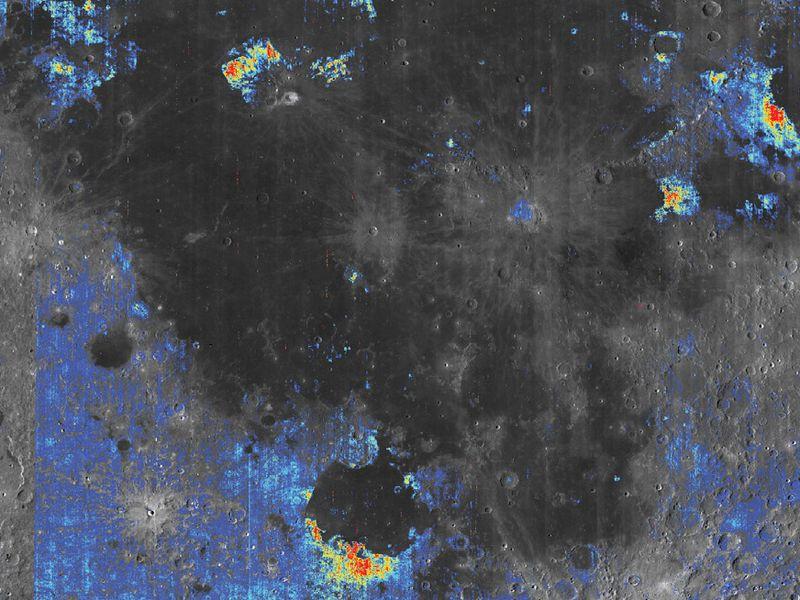
Flagstaff planetary scientist Christopher Edwards has detected water all over the moon, which could mean new possibilities for space travel using the moon as a basecamp.
break
Edwards, a professor at Northern Arizona University, says the water could be used to make rocket fuel, air to breathe and water to drink.
“The exact context of this water is not super clear. It might be absorbed onto little grains, so little water molecules sticking on the outside of these regolith grains, so the soil grains on the moon. Or it could be a part of the mineral structure that’s there as well. It’s actually kind of hard to tell and it depends a lot on the specific spectral properties that we observe from the spacecraft data,” he says.
Edwards used information from two lunar missions to study topography, temperature and light wavelengths. Although he doesn’t believe there’s a lot of water, the discovery does offer new promise for human exploration.
“One of the things NASA’s always thinking about is called In-Situ Resource Utilization. So what does that mean? Well, that’s really the idea that we could send something to the moon that would help us use the materials on the moon to further our space flight agenda. And if you could, for example, get something to the moon and then use the moon to generate your fuels—so the resources on the moon to generate fuel, which might be hydrogen or oxygen, for example, things that make up water, you could then have a much lower gravity, much lower escape velocity needed to get out of the Earth-Moon system, and so you could make it to other planetary bodies more easily. Or, humans need oxygen and water to breathe and drink, and so if we were ever to establish a moon base, or something like that, you could use these materials that are there already rather than having to ship a whole bunch of water and oxygen to the moon,” he says.
The next step, Edwards says, is to study different types of terrain, like the plains and highlands, to see if some places on the moon have more water than others.